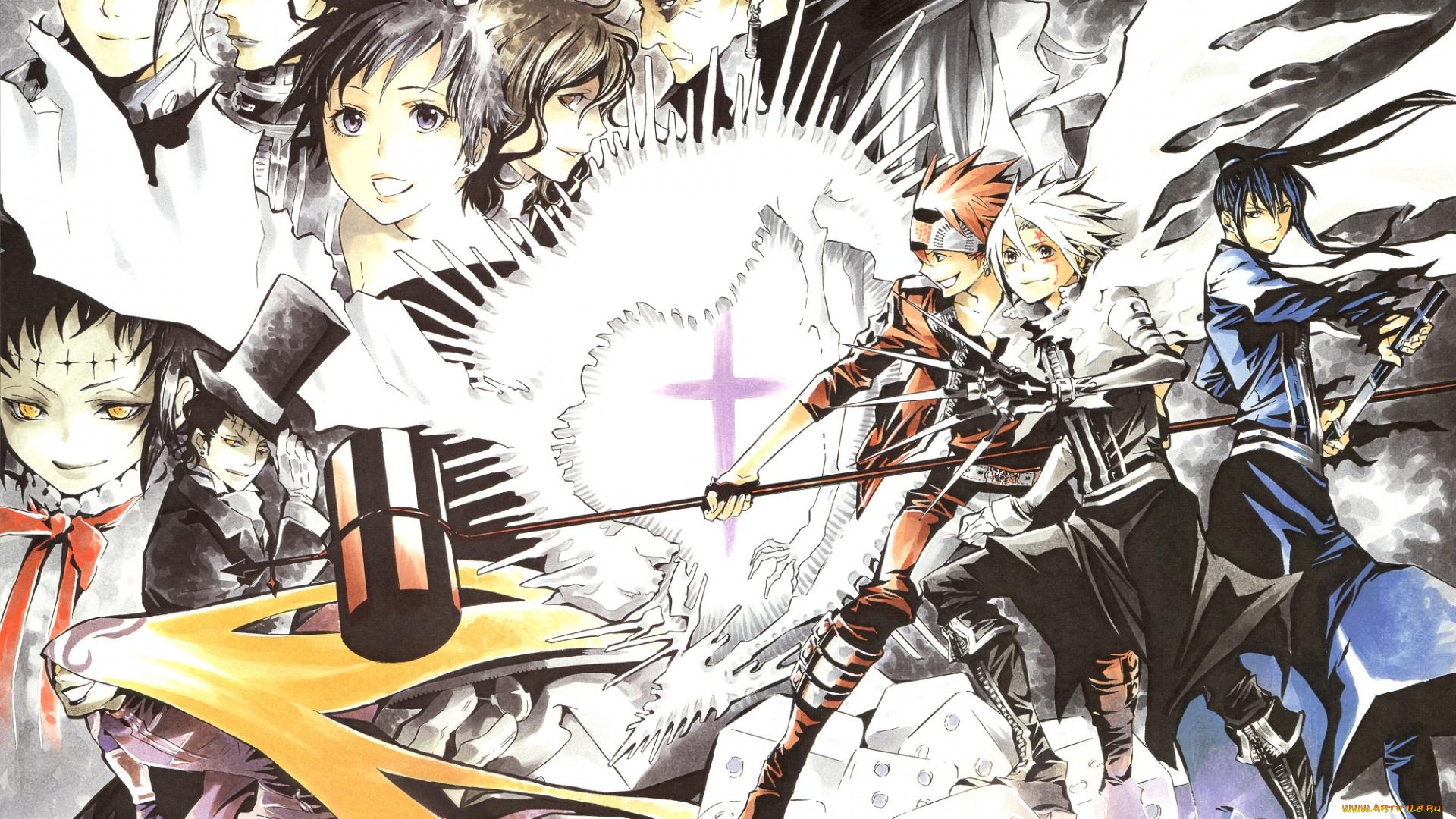-
Posts
1,359 -
Joined
-
Last visited
Contact Methods
-
Website URL
https://warfantasy.wordpress.com/
Profile Information
-
Gender
Male
-
Location
Numenor under the sea
-
Interests
Military, history, military history, politics etc.
Recent Profile Visitors
5,927 profile views
Aldarion's Achievements

Council Member (8/8)
-
 Aldarion reacted to a post in a topic:
The Silver Queen and the Weirwolves
Aldarion reacted to a post in a topic:
The Silver Queen and the Weirwolves
-
 Aldarion reacted to a post in a topic:
The Silver Queen and the Weirwolves
Aldarion reacted to a post in a topic:
The Silver Queen and the Weirwolves
-
 Aldarion reacted to a post in a topic:
The Silver Queen and the Weirwolves
Aldarion reacted to a post in a topic:
The Silver Queen and the Weirwolves
-
 Aldarion reacted to a post in a topic:
The Silver Queen and the Weirwolves
Aldarion reacted to a post in a topic:
The Silver Queen and the Weirwolves
-
 Aldarion reacted to a post in a topic:
The Silver Queen and the Weirwolves
Aldarion reacted to a post in a topic:
The Silver Queen and the Weirwolves
-
 Aldarion reacted to a post in a topic:
The Silver Queen and the Weirwolves
Aldarion reacted to a post in a topic:
The Silver Queen and the Weirwolves
-
 Aldarion reacted to a post in a topic:
Thoughts on ASoIaF Gods?
Aldarion reacted to a post in a topic:
Thoughts on ASoIaF Gods?
-
 Aldarion reacted to a post in a topic:
Your Most Hated ASOIAF theory
Aldarion reacted to a post in a topic:
Your Most Hated ASOIAF theory
-
 Aldarion reacted to a post in a topic:
Is Benjen Stark a deserter?
Aldarion reacted to a post in a topic:
Is Benjen Stark a deserter?
-
 Aldarion reacted to a post in a topic:
Westerosi Superiority ... or Inferiority?
Aldarion reacted to a post in a topic:
Westerosi Superiority ... or Inferiority?
-
 Northern Sword reacted to a post in a topic:
Westerosi Superiority ... or Inferiority?
Northern Sword reacted to a post in a topic:
Westerosi Superiority ... or Inferiority?
-
 Northern Sword reacted to a post in a topic:
Westerosi Superiority ... or Inferiority?
Northern Sword reacted to a post in a topic:
Westerosi Superiority ... or Inferiority?
-
 Craving Peaches reacted to a post in a topic:
Thoughts on ASoIaF Gods?
Craving Peaches reacted to a post in a topic:
Thoughts on ASoIaF Gods?
-
 Vaegon the dragonless reacted to a post in a topic:
Dothraki Army - Incompetent Huns
Vaegon the dragonless reacted to a post in a topic:
Dothraki Army - Incompetent Huns
-
 Willam Stark reacted to a post in a topic:
Westerosi Superiority ... or Inferiority?
Willam Stark reacted to a post in a topic:
Westerosi Superiority ... or Inferiority?
-
 astarkchoice reacted to a post in a topic:
After dany essos
astarkchoice reacted to a post in a topic:
After dany essos
-
Slavery doesn't spring from slave trade, rather, slave trade springs from slavery. People with no livelihood were historically quite ready to sell themselves to slavery just to put bread on the table. We actually see that happening already in Meereen, all because Daenerys focused on political emancipation but ignored economic realities. So long as you have population, you have potential slaves. No trade necessary. In fact, slave trade only appears after slavery has already reached basically industrial levels. Which is why I consistently point out that if you want to destroy slavery, you have to make sure to replace it with something different. Colonate / serfdom would probably be easiest to set up. That I can agree with. As Sean said, we may see some 10 - 15% (though I would expect up to 25% in some areas) of population ending up in slavery again. Massive improvement for sure, but hardly the complete end of slavery I get the impression some are expecting.
-
"Slavers" being done doesn't mean "slavery" is. See above what I wrote about the slavery in Medieval Europe.
-

Westerosi Superiority ... or Inferiority?
Aldarion replied to KingoftheRiversandtheHills's topic in General (ASoIaF)
Yep. I am rather surprised that entirety of Slaver's bay doesn't have an institution similar to Spartan krypteia, seeing how ancient Sparta was the only place in premodern history where free-to-slave ratio was similar to that of the Slaver's Bay. -

Westerosi Superiority ... or Inferiority?
Aldarion replied to KingoftheRiversandtheHills's topic in General (ASoIaF)
You don't need to pretend. You just need to try and understand the conditions they were living in. Most of the things that are normal today would be absolutely insane in Middle Ages, because they would lead to quick extinction of any group that attempted to do these things. Thanks to our technology, we live in a time of unprecedented safety and wealth, and are thus able to do stupid shit with relatively little to no practical consequence. But life before the invention of steam engine and advanced agricultural tools was a life on edge. There was no room for playing around and conducting social experiments. Everything can be and is bigoted, depending on time and conditions, so "not being bigoted" is absolutely useless for determining how good a society is, and is thus not something I care about. Quality of life, personal freedom and safety. Those are the three basic characteristics one should judge a society by. And to return to the topic, Westeros is massively superior to most of Essos (excepting Braavos, perhaps) in at least two of these, and usually in all three. -

Westerosi Superiority ... or Inferiority?
Aldarion replied to KingoftheRiversandtheHills's topic in General (ASoIaF)
Not inherently, no. Equal rights for both genders are kinda dumb in a premodern society (equal status not necessarily, but equal rights definitely are). As for "no discrimination for bastards", just the fact that some bastards turn out decent doesn't mean discrimination is illogical. Family is crucial in a premodern society, and a person who doesn't feel like he belongs will try to prove himself - by any means necessary. So yes, discrimination against bastards, while it often misses the mark and makes the problem worse than it would have been otherwise, is not entirely baseless. Stop looking at everything through lens of 21st century Western individual whose biggest problem is having your Internet connection cut off. -
 Vaegon the dragonless reacted to a post in a topic:
What region of Westeros will give the most difficulty to Daenerys ?
Vaegon the dragonless reacted to a post in a topic:
What region of Westeros will give the most difficulty to Daenerys ?
-
 Ser Arthurs Dawn reacted to a post in a topic:
After dany essos
Ser Arthurs Dawn reacted to a post in a topic:
After dany essos
-

Westerosi Superiority ... or Inferiority?
Aldarion replied to KingoftheRiversandtheHills's topic in General (ASoIaF)
Except for lack of slaves, everything you have listed isn't "more advanced" but merely "different". -
 Vaegon the dragonless reacted to a post in a topic:
Is A United Westeros The Better Westeros?
Vaegon the dragonless reacted to a post in a topic:
Is A United Westeros The Better Westeros?
-
 KingoftheRiversandtheHills reacted to a post in a topic:
Expanding Westeros
KingoftheRiversandtheHills reacted to a post in a topic:
Expanding Westeros
-
Yep! Jogos Nhai and Yi Ti sound far more interesting than anything we have seen so far from Daenerys storyline (that being Dothraki and the Slaver's Bay). Agreed. I think it has to do with Martin himself being an agnostic or atheist, so he doesn't really understand how to write actual religion.
-
Agreed. Levy could indeed vary widely in quality... but that is because levy covered basically anything not noble or mercenary. Ugh, Essos is another ball of problems alltogether... Yeah... that is why I sometimes say that Westeros is modern world with medieval aesthetics. Religion there doesn't matter anywhere as much as it did in the actual Middle Ages.
-

Westerosi owned Sellsword/sail companies?
Aldarion replied to KingoftheRiversandtheHills's topic in General (ASoIaF)
They probably do have them. But if there is no constant threat, but rather frequent flareups, mercenaries are a good way to quickly raise troops in an emergency. -

Did chainmail protect Jon? An old idea revisited.
Aldarion replied to Sandy Clegg's topic in General (ASoIaF)
Yes and no - it depends on the mail and the weapon. Historical mail was always riveted, which means that you need a decent bit of force to get through it. -
What bothers me is precisely the problem that what you have described is a symptom of. Martin's worldbuilding is extremely expansive yet at the same time incredibly shallow. Issues that particularly bother me: * Religion. You wrote basically everything for me, so I won't expand on it. * Politics. Westerosi' political system is incredibly simple and shallow. You have kings, major lords, minor lords... and that's it. About the only thing existing in Westeros beyond those are the fundamentally wildling tribes existing outside the basic feudal structure. But when it comes to the feudal structure itself, you have nothing. Church technically exists but has been completely politically neutered. There are no free cities, royal or otherwise - in fact, the only free cities we see are basically states existing outside Westeros. It is even in their name! There are no guilds, no republics, nothing. Frankly, Tolkien gives more interesting political worldbuilding in few pages than Martin in several books. * Military. You probably know what I will say here... there is a fundamental disconnect between what Martin says Westerosi military is based around (peasant levies), what Martin actually describes (part-time professionals) and what feudal armies historically were (complex system).
-
Theories where Daenerys just magically solves all the problems in Essos and Westeros. Sure, she is one of two protagonists. But even Tolkien didn't have his protagonists solve all the problems during the course of the books, and indeed, success came at price of significant losses - both to the protagonists themselves (Frodo has to leave) and to the Middle Earth overall (elves leaving, ents and dwarves dying out).
-
As others have said - Volantis will fall from within. There certainly is enough foreshadowing of that.
-
I don't see your scenario as likely. It might happen if Daenerys decides to stay in, or come back to, the Slaver's Bay. As it is however, the anti-slavery movement is nearly certain to fail in the short term, not too long after Daenerys leaves. Force of habit is simply too strong. It will certainly be significantly diminished, but realistically, complete overthrow is unlikely. Such things take time. Socialism and communism require extreme levels of bureocratic development, which we don't see in Essos - and they don't work anyway. Transition of Essos from slavery to feudalism is the only possible route, but since Daenerys failed (so far) at introducing feudalism (or anything, really) to replace slavery, resurgence of slavery in the short term is nearly certain.
-
I used to like the Old Gods due to their connection to nature, but right now I am leaning towards the Faith of the Seven. Magic in A Song of Ice and Fire appears to be based around blood sacrifice and murder, and the Seven are the only gods that appear to be against magic. So I like them. Other than that, I agree with @Club-foot cleft-lips, so nothing to add there.





